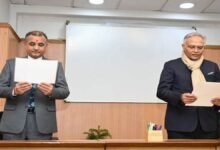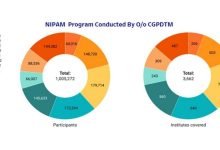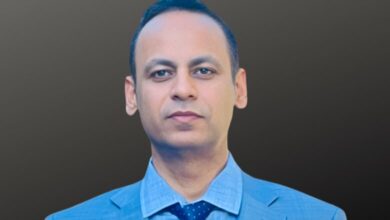Communal harmony can be achieved only through community engagement: Dr P S Pasricha

Former DGP Maharashtra, Dr Parvinder Singh Pasricha spoke about the importance of community interaction and the role of individuals in maintaining peace.
At an online web-event series titled Manthan on ‘Communal Harmony & Role of Police’ organised by India’s first Anti-Corruption Academy (ACA) and the Idea of India Foundation (IOI). Former DGP of Maharashtra Dr PS Pasricha explained the importance of community interaction and role of Police force in maintaining peace.
Dr Pasricha believes that although the world is advancing towards becoming a global village, people have distanced themselves from each other in the name of communal divides and insignificant differences. He adds that fragments are present in almost all communities and religions, like Hindus are divided based on caste, similarly, Christians, Muslims, are also divided based on ideological differences.
In his exemplary career in the police services, he learnt that all riots and wars root from hatred, that is spread by politically motivated leaders to secure their vote banks. Explaining the idea of oneness in the universe, Dr Pasricha says, “Neither the sun nor the rains differentiate between the house of a Brahmin (Major caste within the Hindu society) or a Dalit (lowest caste within the Hindu society). Then, who are we to live with this divide?”
Role of Police in Maintaining Communal Harmony
Upon being asked by Mr Umar Siddiqui (President, Anti-Corruption Academy), about the role of the police in maintaining communal harmony, DR P S Pasricha said, “After the 1992- 93 riots in Maharashtra, we constituted and successfully worked with ‘Mohalla Committees’.
The Mohalla Committee comprised of individuals from all religions and walks of life such as doctors, teachers, young students, among others who organised monthly meetings with the common people. In addition to the police forces, community engagement is absolutely necessary. That is how we can achieve social harmony.”








